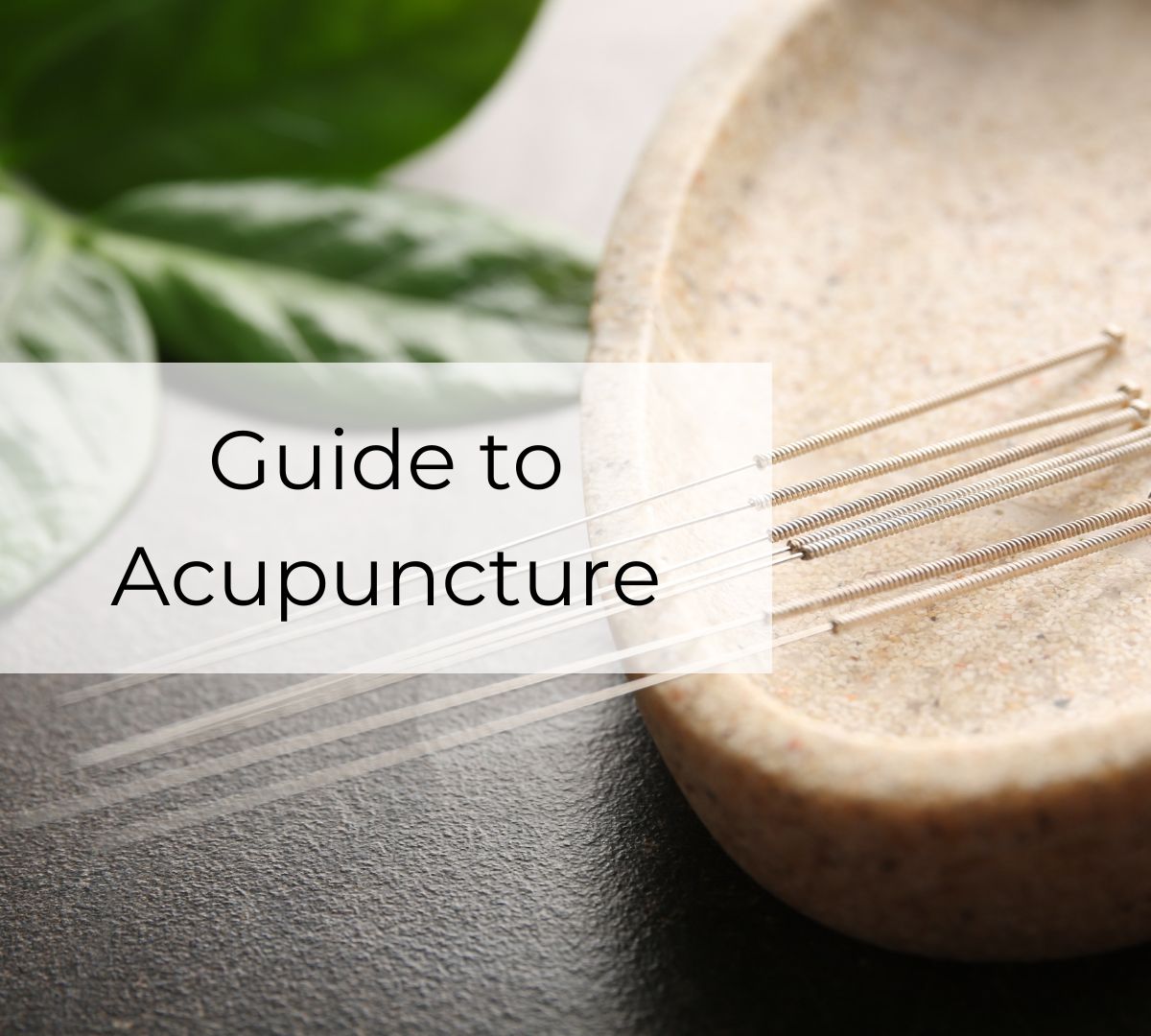In today’s fast-paced world, mindfulness and meditation have emerged as powerful tools for enhancing both physical and mental health. These ancient practices, rooted in Eastern traditions, have been validated by modern science for their potential to improve overall well-being. Let’s explore how mindfulness and meditation can be transformative for your health.
What Are Mindfulness and Meditation?
Being mindful entails giving the current moment your whole attention, judgment free. It’s a mental practice that helps you become more aware of your thoughts, feelings, and surroundings. Meditation is a technique often used to cultivate mindfulness, but it can also involve various practices like focused attention or guided imagery. Despite their ancient origins, both mindfulness and meditation have been embraced by contemporary medicine for their profound health benefits.
The Rise of Mindfulness in Western Medicine
In the late 1960s, mindfulness meditation gained popularity in the West. Researchers and healthcare professionals soon recognized its potential, leading to the development of secular programs such as Mindfulness-Based Stress Reduction (MBSR). Decades of research have shown that meditation is not only effective but also complements traditional medical treatments. It’s been linked to improvements in conditions like high blood pressure, cancer symptoms, and chronic pain, as well as better mental health and reduced stress.
Boosting Mental Health with Meditation
Meditation has proven to be a valuable tool for mental health. It provides an accessible and cost-effective alternative to traditional therapies. Some studies suggest that mindfulness meditation can be as effective as antidepressants for treating anxiety, with fewer side effects.
One comprehensive review of 45 studies involving nearly 3,500 young adults found that mindfulness interventions significantly reduced depression compared to control groups. Group mindfulness practices yielded even greater reductions in depressive symptoms. Additionally, research has shown that mindfulness meditation can help reduce work-related stress and burnout, especially among healthcare professionals.
Meditation Apps: A Modern Convenience
With the rise of mobile technology, meditation apps have made it easier than ever to practice mindfulness. Studies have shown that these apps are effective at reducing stress and anxiety. A review of 10 studies with nearly 1,000 university students found that mindfulness apps were beneficial in decreasing stress and anxiety levels. Another review of 34 trials confirmed these findings and also noted improvements in depression and overall psychological well-being.
Supporting Addiction Recovery
Meditation can play a crucial role in addiction recovery by helping individuals manage stress, recognize triggers, and curb cravings. For those with substance use disorders, meditation fosters awareness of automatic thoughts and behaviors related to their addiction. Studies contrasting hypnosis, education, and meditation for substance abuse revealed that among veterans experiencing chronic pain, meditation significantly reduced cannabis usage.
Alleviating Chronic Pain
Chronic pain can severely impact quality of life, but meditation offers a promising approach to managing it. Studies have found that mindfulness practices can significantly reduce pain and improve the quality of life for those using opioids. Reviews of meditation for conditions like low back pain have shown reductions in pain intensity and improvements in overall well-being.
Enhancing Brain Health
The importance of keeping our brains healthy increases with age. Research indicates that mindfulness-based programs positively impact cognitive functions such as attention, memory, and executive function. One study found that these programs outperformed other interventions in improving cognitive performance. Additionally, mindfulness and meditation have shown potential benefits for neurological conditions like Parkinson’s disease, though more research is needed.
Boosting Immune Function
Meditation may also support immune health. Studies have shown that mindfulness practices can lead to favorable changes in biomarkers related to immunity and inflammation. Evidence suggests improvements in conditions like psoriasis, highlighting the potential of meditation for enhancing overall health.
Improving Heart Health
Meditation’s benefits extend to cardiovascular health as well. Early studies showed that meditation could reduce blood pressure, a key risk factor for heart disease. Reviews have confirmed that various forms of meditation can lower both systolic and diastolic blood pressure, reduce cortisol levels, and decrease heart rate—all indicators of reduced physiological stress.
The Impact on Brain Structure and Function
Recent research has questioned whether meditation changes the brain’s structure, such as grey matter volume. However, functional changes in the brain may be more significant. Studies have shown that meditation affects key brain networks involved in self-awareness, communication, and problem-solving. For individuals recovering from brain injuries, meditation may improve cognitive performance and self-related processing.
The growing body of research underscores that meditation is a safe, effective, and low-cost practice for managing and potentially improving various aspects of health. While more studies are needed, especially for underserved populations, the evidence supports meditation as a valuable complement to traditional therapies. Whether you’re seeking to enhance mental well-being, manage chronic pain, or boost overall health, incorporating mindfulness and meditation into your routine could be a transformative step toward a healthier life.



